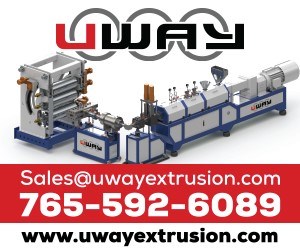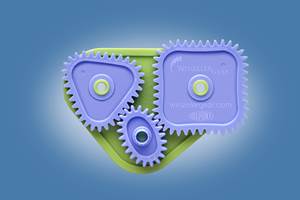Proprietary Copolyester Used in Two COVID-Fighting Applications
Eastman’s Tritan chosen for its transparency and ability to withstand the frequent disinfection and cleaning required in health settings.
Two new healthcare-related innovations that use the proprietary amorphous copolyester Tritan from Eastman were spurred on by the world’s historic fight against COVID-19 which brought to light several previously hidden pain points that impact frontline workers and most vulnerable populations.
▪ The Splashblocker is a transparent shield made with Tritan that is used to protect healthcare workers, patients, caregivers and visitors from the dangers of exposure to toilet plume aerosol. This novel barrier control reduces risk to healthcare professionals and other at-risk individuals from exposure to pathogens and harmful chemicals such as chemotherapeutics and antineoplastics, that are routinely encountered in healthcare settings when toilets are flushed. Tritan's cleanability and chemical resistance to 30+ commonly used disinfectants was key to its selection by Splashblocker.
▪ Canopy is a reusable, transparent respirator that uses Tritan for the housing of its patented filter core. Canopy was founded at the onset of COVID-19 in response to healthcare worker requests for a superior alternative to N95 respirators. The result is transparent, highly breathable, comfortable and reusable, enabling front-line workers to do their job without the fear of putting themselves or their loved ones at risk. Tritan enables the Canopy filter cartridge to be fully transparent, allowing for a crystal clear front lens that provides a window into the user's facial expressions and emotions. Tritan also protects the filter core itself from any significant wear and tear, allowing it to have a long-lasting life span.
Seeking input from critical stakeholders in the healthcare industry played a key role in the design and development of both The Splashblocker and Canopy.
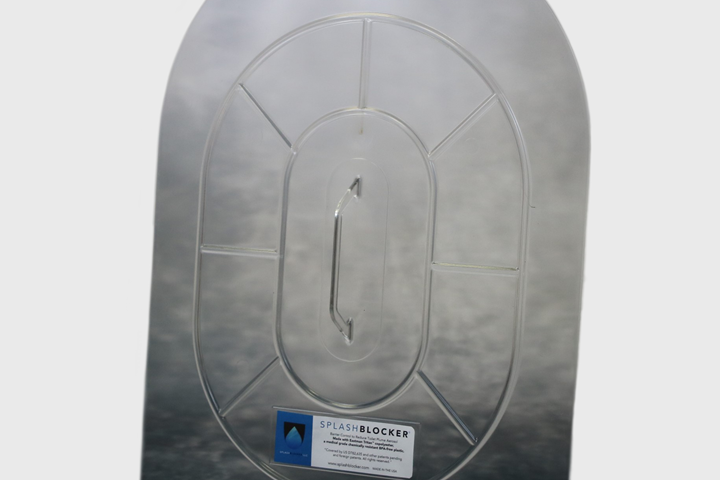
Splashblocker LLC is committed to improve the safety of nurses, patients, caregivers and healthcare personnel worldwide. Today, due to globally emerging infectious diseases like coronavirus and drug resistant pathogens like Clostridioides difficile, exposures to hazards generated by toilet plume aerosols can elicit a greater risk than in years past. Toilet plume aerosol that results from flushing lidless toilets after disposing chemotherapeutically-tainted human waste routinely exposes nurses and caregivers through direct skin contact and microbial inhalation. Those aerosol exposures can result in occupational illness and/or infection. The inventor of the Splashblocker is an oncology nurse with more than 15 years of experience.
Said Splashblocker’s co-founder and CEO Brian P. Crawford, "Eastman has been exceptional to work with. Their expertise in manufacturing has been extremely helpful in the incorporation of injection molding to make the Splashblocker."
Creators of the Splashblocker have now carried out two very positive user-experience trials, with the most recent documented in a 2020 white paper with Premier Applied Sciences. Bioaerosols produced by toilet flushing contribute to environmental contamination and pathogen transmission in healthcare settings. This is an under-recognized infection prevention and control issue, rapidly gaining attention and focus, according to Crawford. "We are excited to have just received a Technology Breakthrough Agreement from Premier Inc. as a technology that reduces these exposures."
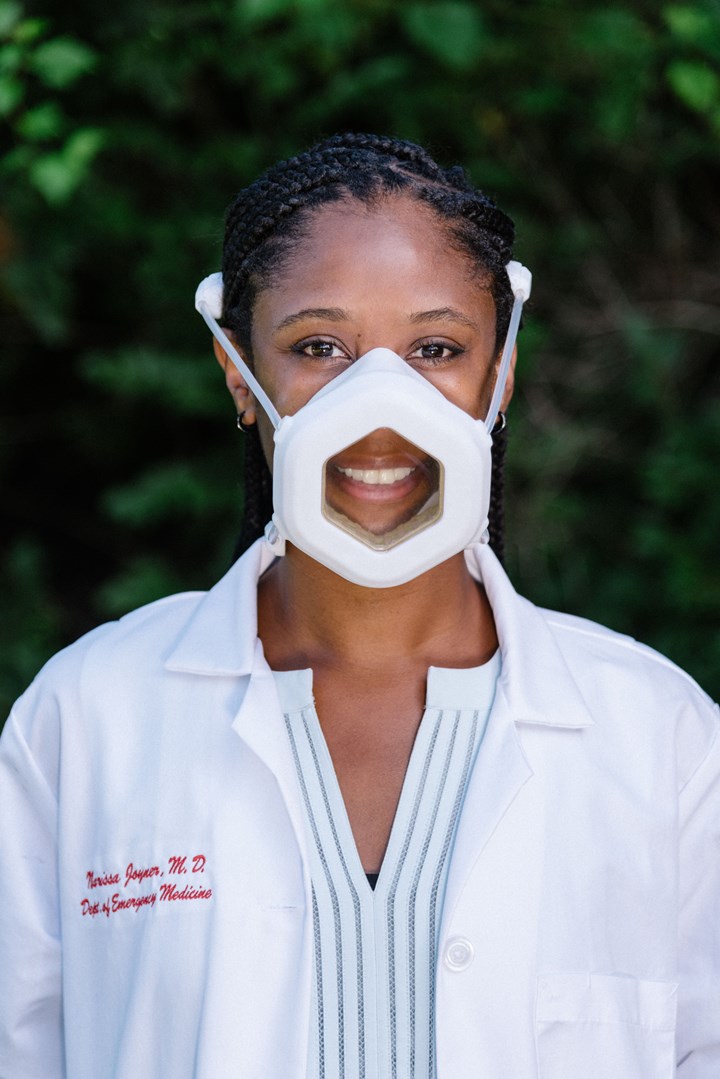
Canopy, led by Google, Johns Hopkins, DaVita, and Boston Scientific alumni, is dedicated to protecting the world's well-being by creating sustainable products that increase user comfort, safety, and performance. The medical device startup's flagship product, Canopy, is said to be a supremely comfortable, transparent, and reusable respirator, designed to address the top shortcomings of current N95 disposable respirators.
During its mold-building process, Canopy also worked closely with the Eastman technical team, experiencing their total-solutions approach to working with customers. Said founder and CEO Joe Rosenberg, "The requirements for the resin used in this component were very specific. We were seeking a durable, chemically resistant and water-clear material. Finding a thermoplastic that was relatively inexpensive and met all those requirements proved challenging. Tritan strikes the balance beautifully."
Top health systems are anxiously anticipating Canopy. "It cannot come soon enough. Given the significant limitations, drawbacks and shortages of existing PPE, we are eager for our staff to begin testing Canopy in the clinical setting," said Dr. Yves Duroseau MD MPH, Chief of Emergency Medicine at Lenox Hill Hospital, part of Northwell Health, New York's largest health system.
Related Content
The Fantasy and Reality of Raw Material Shelf Life: Part 1
Is a two-year-old hygroscopic resin kept in its original packaging still useful? Let’s try to answer that question and clear up some misconceptions.
Read MoreTracing the History of Polymeric Materials: Acetal
The road from discovery in the lab to commercial viability can be long, and this was certainly the case for acetal polymers.
Read MoreTracing the History of Polymeric Materials: Aliphatic Polyketone
Aliphatic polyketone is a material that gets little attention but is similar in chemistry to nylons, polyesters and acetals.
Read MorePrices for All Volume Resins Head Down at End of 2023
Flat-to-downward trajectory for at least this month.
Read MoreRead Next
Making the Circular Economy a Reality
Driven by brand owner demands and new worldwide legislation, the entire supply chain is working toward the shift to circularity, with some evidence the circular economy has already begun.
Read MorePeople 4.0 – How to Get Buy-In from Your Staff for Industry 4.0 Systems
Implementing a production monitoring system as the foundation of a ‘smart factory’ is about integrating people with new technology as much as it is about integrating machines and computers. Here are tips from a company that has gone through the process.
Read More






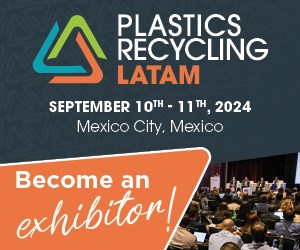




 (2).jpg;maxWidth=300;quality=90)


